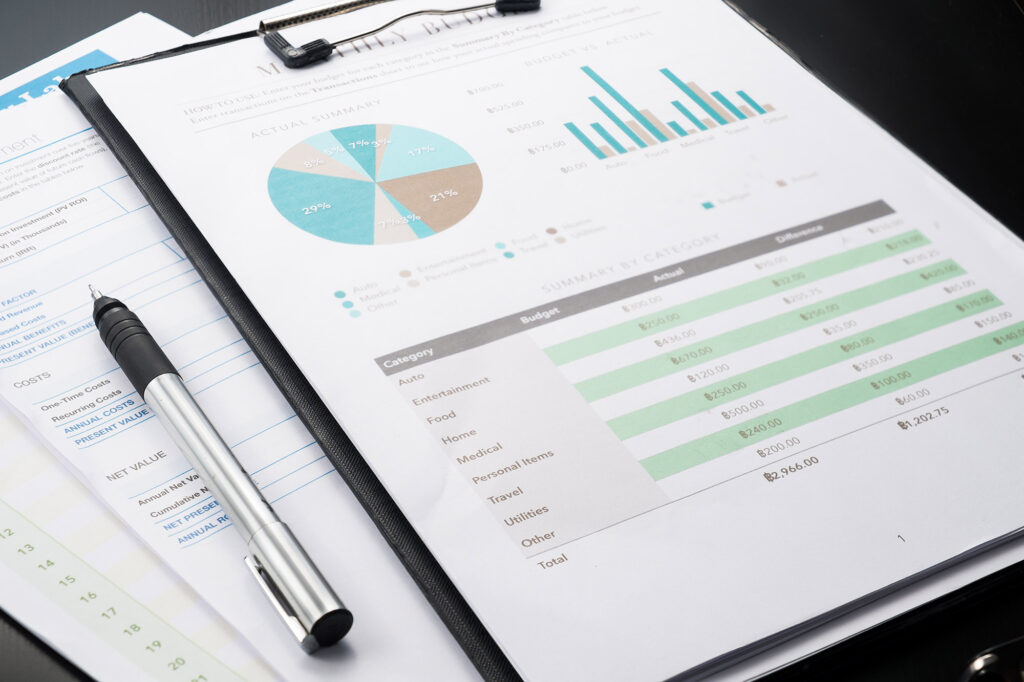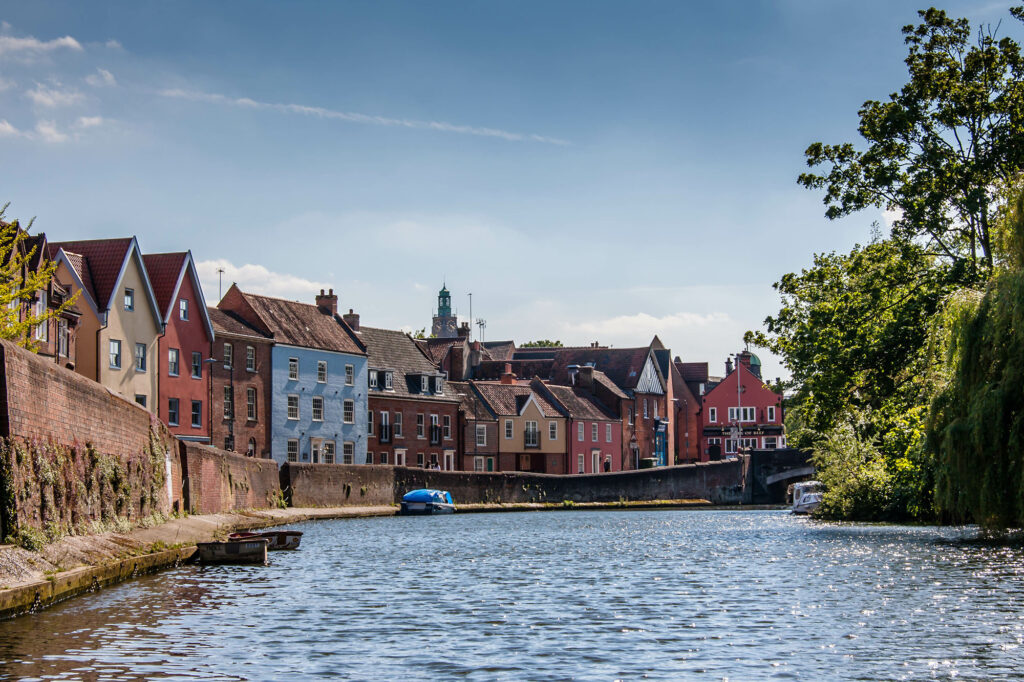As a business, good cash flow is critical to ensuring you can meet all your outgoings and business goals in a competitive and ever-changing environment. So when a debtor does not – or will not – pay for goods or services supplied by your business, you need debt recovery solicitors to act fast and effectively to retrieve the money you’re owed.
We can help
At iResolve-Legal, we specialise in recovering bad debt from your customer, whether they are a business or an individual, to ensure that your own business thrives. Our efficient and effective service can be tailored to your situation and covers a range of recovery methods from letters of request to court action. Our experienced team will be able to guide you through your options and adopt an approach that meets your business need – whether that is a one-off recovery or ongoing credit control.
No win No Fee Debt Recovery
When you are seeking to recover bad debt, the last thing you want is for the debt recovery process to put further strain on your finances. Therefore, we offer clients a ‘no win, no fee’ arrangement for some debt recovery work, and if we can’t do that, we will provide you with an upfront fixed fee quotation so that you can assess the risk before proceeding to recovery. But, again, this will be explored and explained to you when you first instruct us.
Debt Recovery Services
We offer a seamless service to help you recover your debt from your commercial or consumer clients. From steps taken to avoid court action to raising an action and enforcing recovery, our expert team will take you through the process and advise you on the steps best suited to you and your business.
Services – Pre-litigation Debt Recovery
Discussions with your debtor
Simple advice, but often the first thing to break down when bad debt is at issue, is communication. We always advise that you speak directly to your customer to ensure that they are clear about the payments that need to be made. Sometimes delays occur because of poor communication within your client’s business or poor cash flow of their own. By making direct contact with them and discussing the issue, a payment plan can sometimes be agreed upon that takes the pressure off both sides.
However, if that is not the case, direct discussions offer an opportunity to highlight the consequences of failing to pay the debt straight away. For instance, for commercial clients, interest may be applied depending on your contract or whether the terms of commercial debt legislation cover them. At iResolve-Legal, we can help you plan the best way to approach these difficult conversations and ensure you have the tools and knowledge to support your position.
Letter before action
Where discussions have not brought about payment of the debt, then iResolve-Legal can prepare a formal demand letter, which confirms that you will raise a court action for recovery if payment of the debt is not made. Again, setting a time limit and outlining the consequences of failing to pay can help focus your client’s mind. This will build on the information you provided your debtor in your initial conversation. We can also work behind the scenes to ensure that your client has funds or assets to cover the debt, interest, and expenses should court action be necessary.
We will keep you up to date throughout and confirm whether or not an adequate response has been received. If not, with our trace report completed, we can guide you through the pros and cons of raising a court action as set against the prospect of recovering what is due to you.
Alternative Dispute Resolution
Before we move on to litigate, we would also discuss the option of trying to resolve the dispute with your debtor through alternatives to court. Whilst this is not always possible, it is something that the court may order and is always worth considering before raising a claim.
Alternative dispute resolution consists of either mediation or arbitration. Mediation allows parties to discuss matters with a neutral facilitator and split the costs. Arbitration is more commonly used in commercial claims and is a more formal process. The arbitrator is usually an expert in the area in dispute, and their decision is binding. Alternative dispute resolution is often quicker and more cost-effective than raising a court action.
Raising a court action for Debt Recovery
Although often seen as a time-consuming and expensive step to take, raising a court action to recover debt doesn’t have to be either. At iResolve-Legal, our expert solicitors will break the process down for you, and our transparent fee structure – which includes a ‘no win, no fee’ option – takes the uncertainty out of pursuing your debt. Our guide to debt recovery breaks down the different types of court actions available to you so you can decide what is best for your business. In short, however, there are two main types of court action used to recover a debt. Both proceed in the sheriff court – one deals with claims up to £5,000; the other with debts that do not exceed £100,000. Anything over £100,000 would be raised in the Court of Session, Edinburgh.
The vast majority of debt claims are raised in a local sheriff court. This means that our expert solicitors will handle the case from start to finish – gathering information from you and your business and presenting that directly to the judge. By knowing your case inside out, our solicitors can take all necessary steps to protect you and your business interests and obtain the court order needed to ensure the debt owed to you is paid.
Debt Recovery Enforcement
In an ideal world, once you have a court order, your client will make payment. However, in most cases, further procedure is required to ensure that payment in full, including interest and expenses, is made. While the enforcement of court orders is the responsibility of sheriff officers, our expert team will ensure that all enforcement options are discussed with you in advance so that the most appropriate avenue of recovery is pursued.
Inhibitions
This can be used as a protective measure and applied at the outset of a debt recovery action. It covers all heritable property belonging to a debtor, preventing it from being disposed of or further debt secured against it. This can be a helpful negotiating tool at the outset of an action.
Arrestment
An arrestment can also be requested at the outset or during a debt recovery action. This means that goods or funds belonging to the debtor, but which are in the hands of a third party, are detained and not passed over to the debtor. This ensures that funds or goods which can be used to pay your debt are not used for any other purpose.
Bank Arrestment
This is a specific type of arrestment that detains the debtor’s funds within his account to ensure that they remain available for the debt payment. Again, this can be applied for at the outset of a debt recovery action.
Charge for Payment
After your action has concluded, but before most enforcement action can occur, Sheriff Officers must serve a charge for payment on the debtor. This is a formal written-request for payment and will include information on debt advice. The request is for the principal debt, interest, and charges. It requires the debt to be paid within 14 days.
Debt Arrangement Scheme
Included in the debt advice will be information about the Debt Arrangement Scheme (DAS). This is particularly relevant for your consumer client, but not always considered where the debt is a commercial one. However, it can be an option for a sole trader debtor. The DAS gives sole traders and consumer debtors the opportunity of paying their debt in instalments without the threat of further enforcement. In addition, once the arrangement is entered into, no enforcement or applications for sequestration (bankruptcy) can be made.
Attachment Orders
The most common form of enforcement in commercial debt actions is an attachment order. For commercial clients, this is most likely to be either an order attaching to goods outwith a home or dwelling house or a money attachment order.
There is a list of items that cannot be included in a goods attachment order. These are essential goods to prevent hardship, such as tools of the trade and vehicles reasonably required by the debtor.
To carry out an attachment, the sheriff officer enters the commercial property and values the items specified in the order. Within 14 days of starting this process, the valuation report must be passed to the court. Once the court has received it, steps can be taken to arrange removal and sale of the items listed and once removed from the property, an auction is held no sooner than seven days after the removal of the items.
The debtor can stop the auction if they dispute the valuations placed on the removed items.
Although attachments orders are most commonly used after a debt recovery action has concluded, we can seek an interim attachment to ensure no items go missing during the life of the action itself. Although the goods remain on the debtor’s property until the conclusion of the action, they cannot be removed or sold.
A money attachment order – as its name suggests – covers cash, postal orders, and other banking instruments on the debtor’s commercial premises. Cash includes coins and banknotes held in a foreign currency. Again, a charge for payment requires to be served before proceeding with a money attachment.
For an individual or consumer debtor, we can apply for an exceptional attachment order that allows us to place an attachment on non-essential assets within the debtor’s dwelling house.
Earnings Arrestment
The most common form of enforcement action for individual debtors if your client is in employment is an earnings arrestment. If successful, the employer would have to pay you directly from your customer’s wages. This will generally happen by instalments until the debt is paid, as there are statutory caps on the amount retained each month.
Bankruptcy Proceedings
As a last resort to ensure some prospect of payment, we can assist in raising bankruptcy proceedings. For individuals, partnerships and sole traders, the process is known as sequestration. Where your debtor is an incorporated business, we would need to petition the court for liquidation.
Sequestration
The debtor must appear to be insolvent (evidenced by a failure to pay after a charge for payment has been served) and must owe more than £10,000 (this has been increased during the pandemic from £3,000 and is subject to change). However, careful consideration should be given to proceeding to sequestration, as the potential costs incurred in doing this does not always outweigh the benefit to be gained.
Company Liquidation
Where your debtor is an incorporated company and cannot pay debts of £10,000 or more, we can apply to the court to wind up the company. This might occur in a sheriff court or the Court of Session, depending on the business’s share capital value. Again, as in the case of sequestration, we would discuss the benefits or otherwise of taking this step in the context of the size of your debt, and the likely advantages liquidation would bring.
Contact Us for a Free Initial Assessment & Advice from Our Specialist Debt Recovery.
We understand that seeking to recover your debt can seem daunting, but we will make the process as straightforward as possible for you. When you contact our team, we will take the time to understand the circumstances of your claim. After an initial consultation, our solicitors will then advise you as to whether your claim has a good chance of succeeding and whether we can work with you on a ‘no-win, no fee’ basis. There is no obligation to continue with your claim at this stage.
To get started with your claim today, contact us today by calling 0141 442 0401 or complete our online enquiry form, and a member of our team will get back to you right away.






